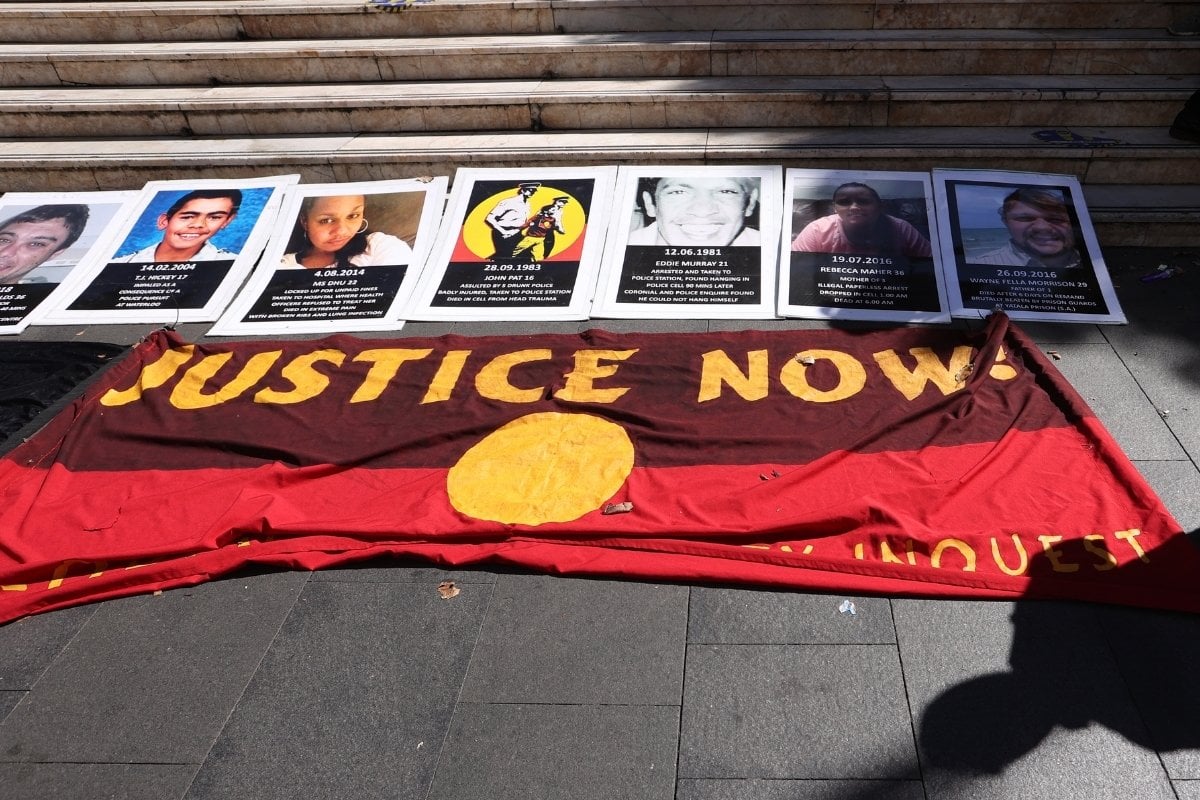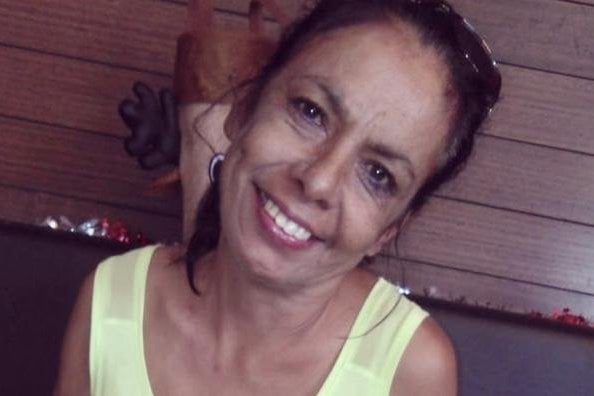
WARNING: Aboriginal and Torres Strait Islander readers are advised that the following article contains names and images of people who have died.
The following contains mention of suicide, which may be triggering for some readers.
On Saturday, thousands of people marched in rallies around Australia calling on the Federal Government to take meaningful action to prevent Indigenous people dying behind bars.
And on Thursday, April 15, many will march again.
They're doing so to mark 30 years since the Royal Commission into Aboriginal Deaths in Custody was tabled in Parliament, and because despite the lessons learned, the situation remains urgent.
Watch: Australia may be 'the lucky country'. But only for some.
Since the beginning of March, five Indigenous people have died in prison or police custody in Australia. That's five lives lost in fewer than five weeks.
On March 2, an Aboriginal man in his mid-30s died after becoming unresponsive in his cell at Long Bay prison hospital in NSW.
On March 5, an Aboriginal woman in her mid-50s died in an apparent suicide in her cell at Silverwater Women's Prison in NSW.

